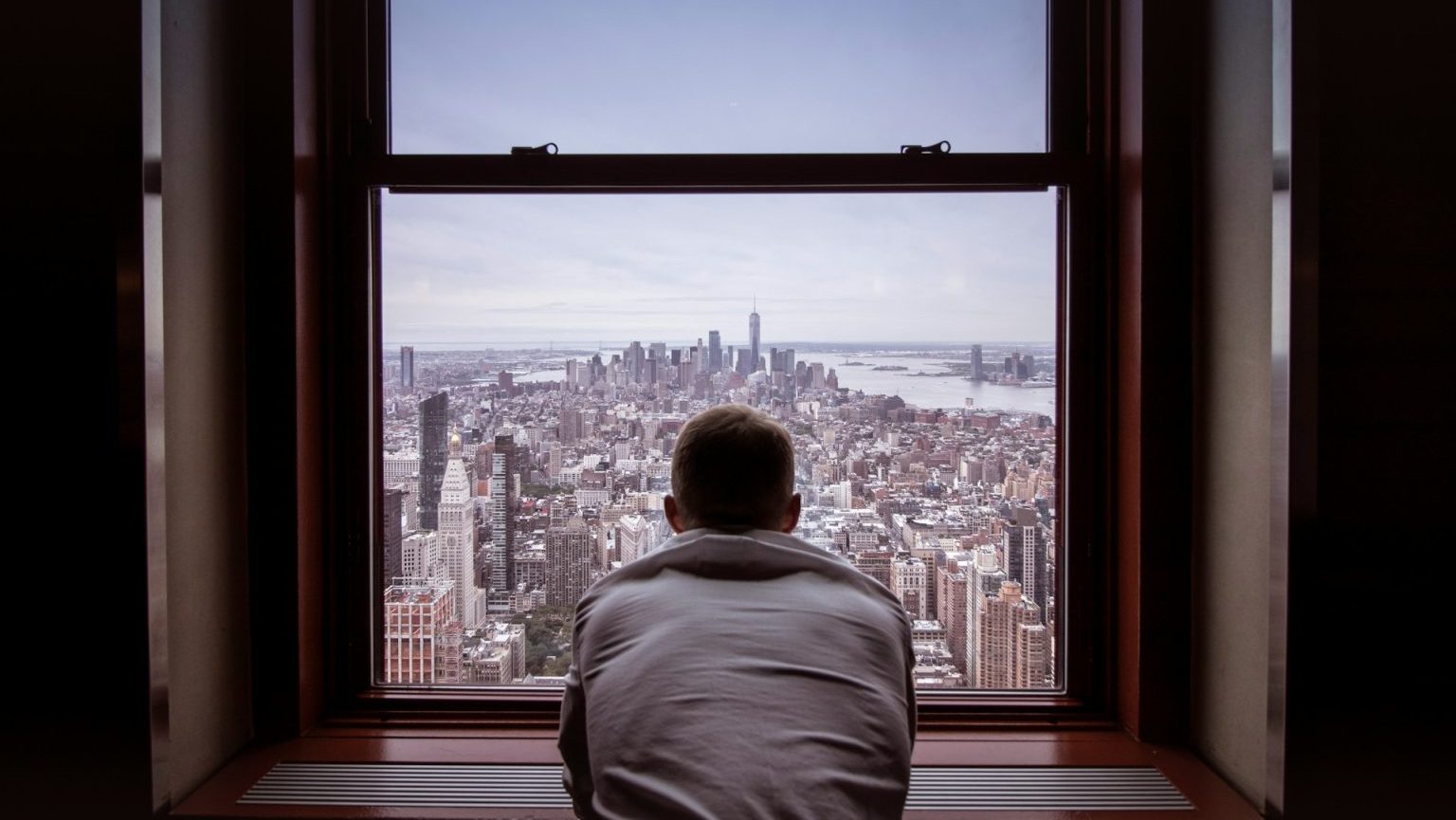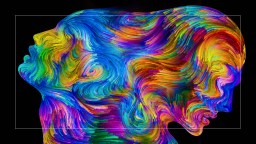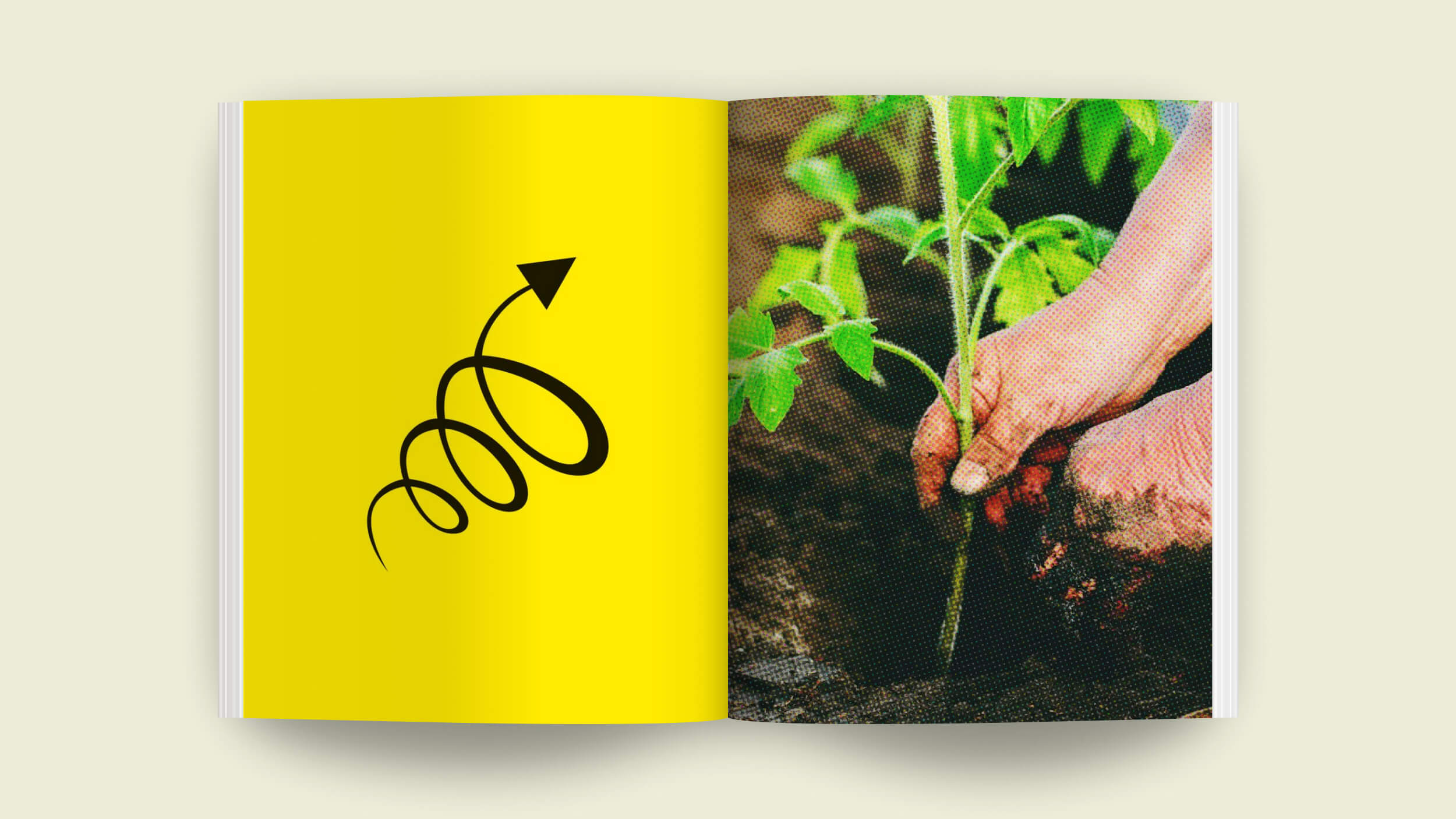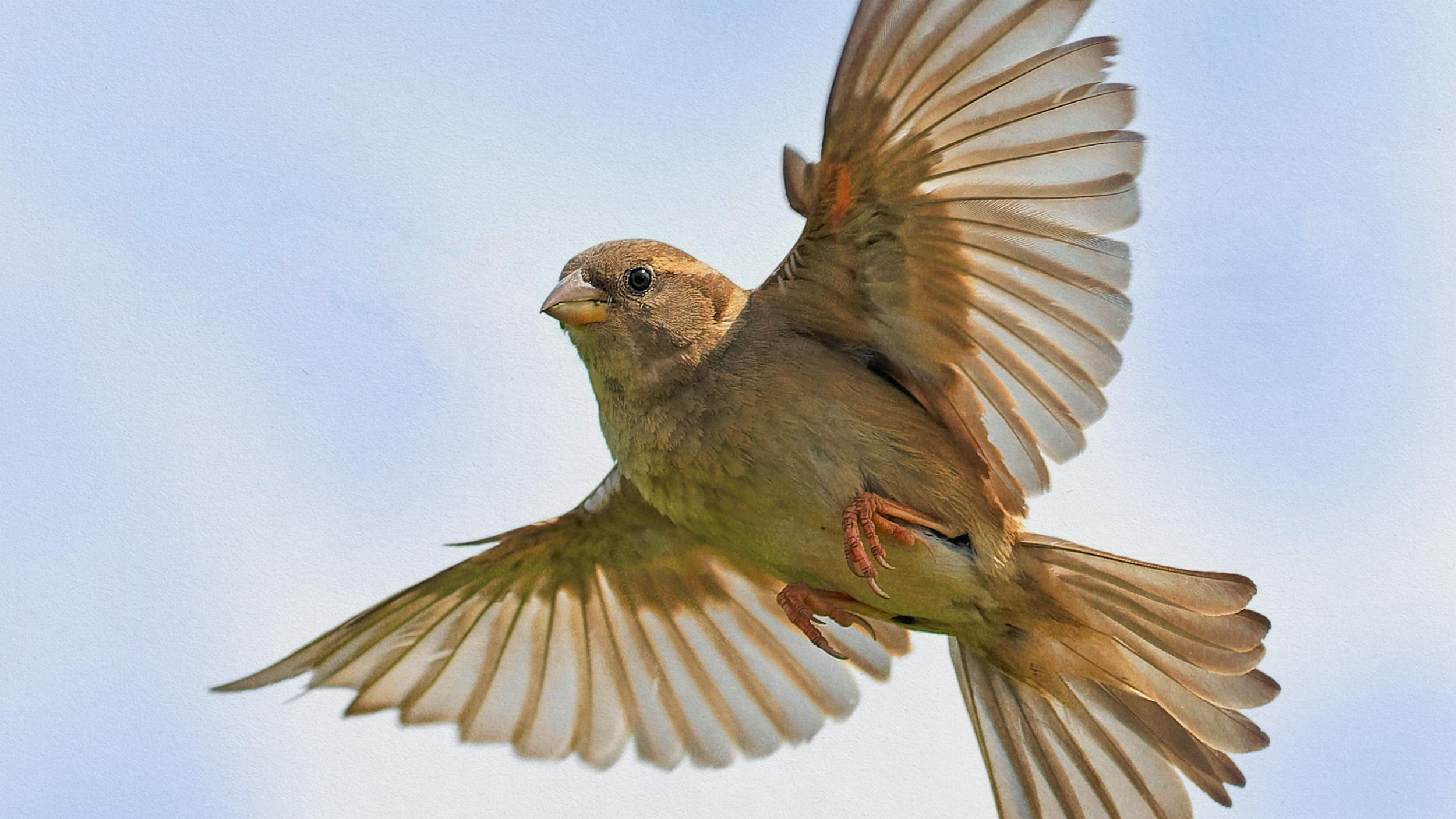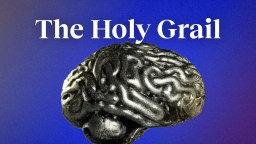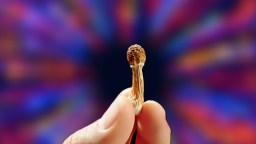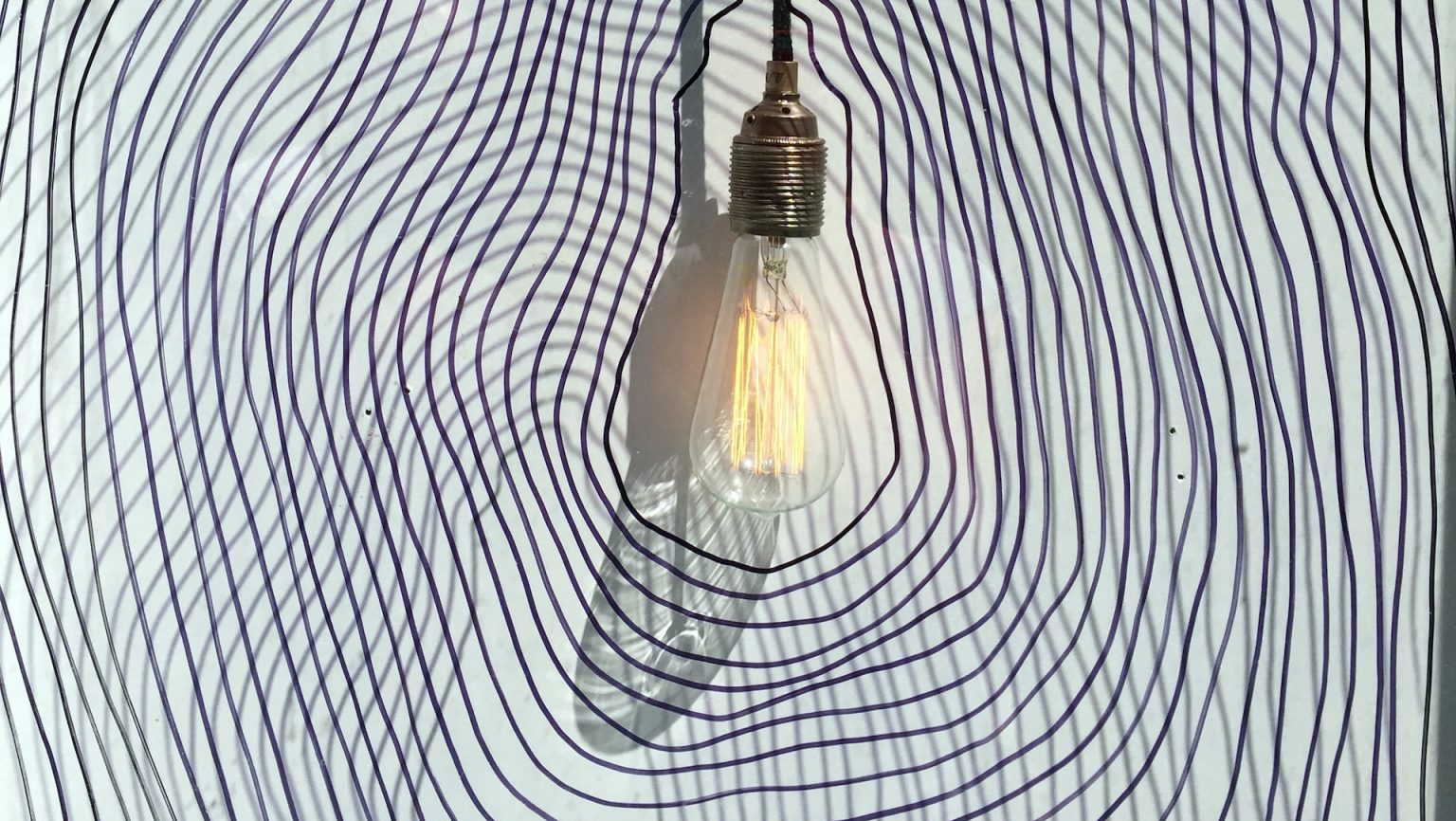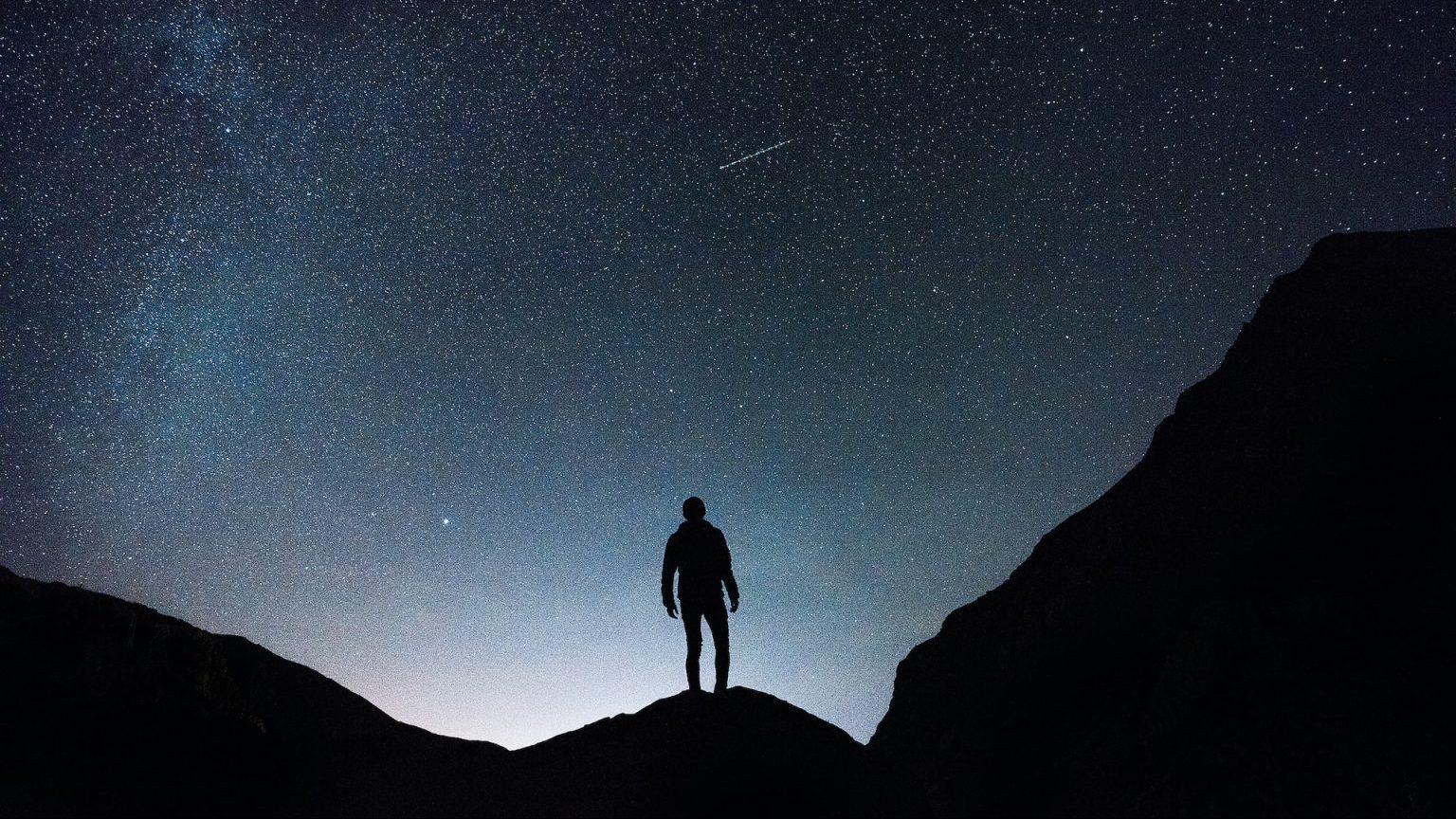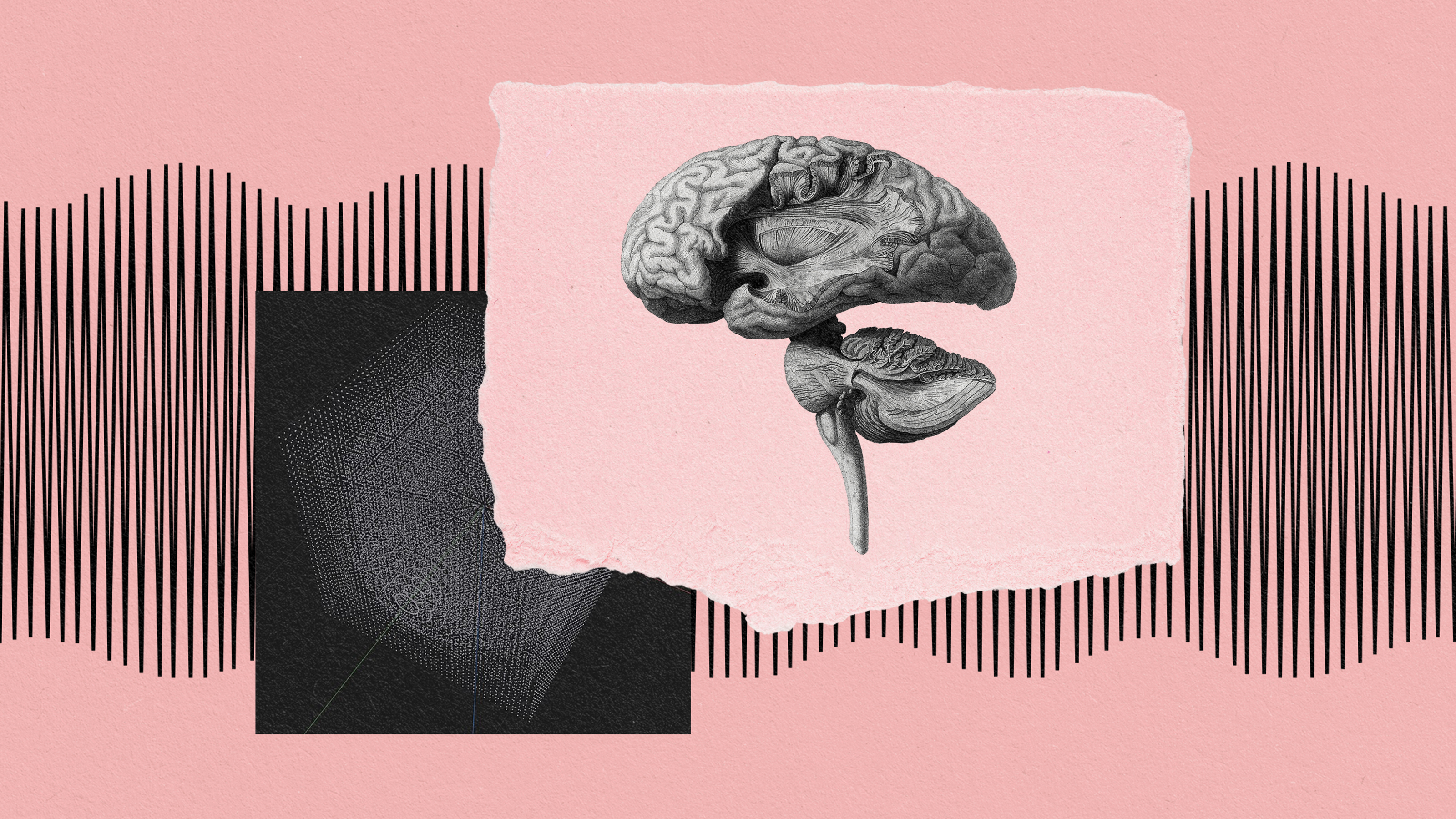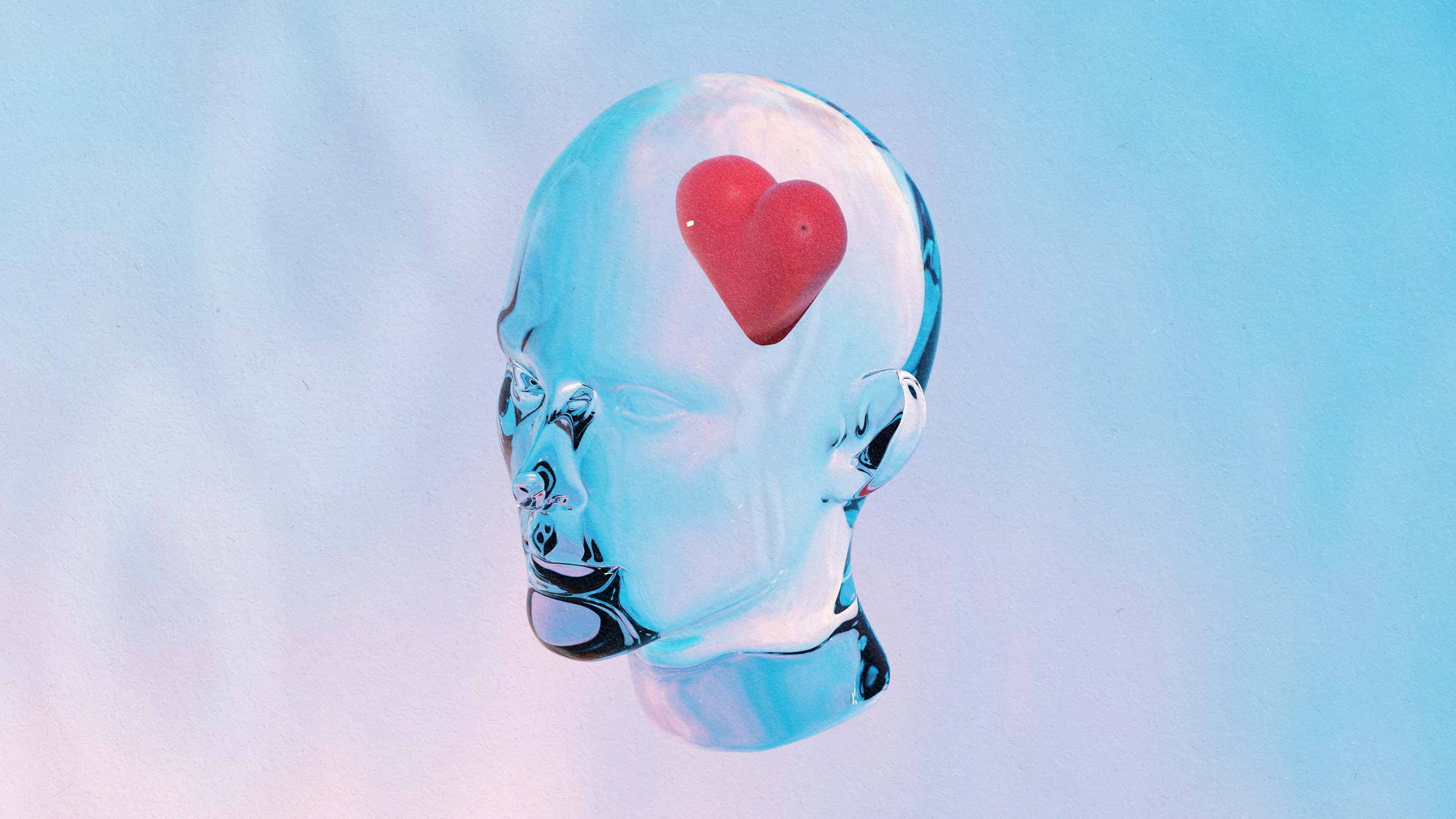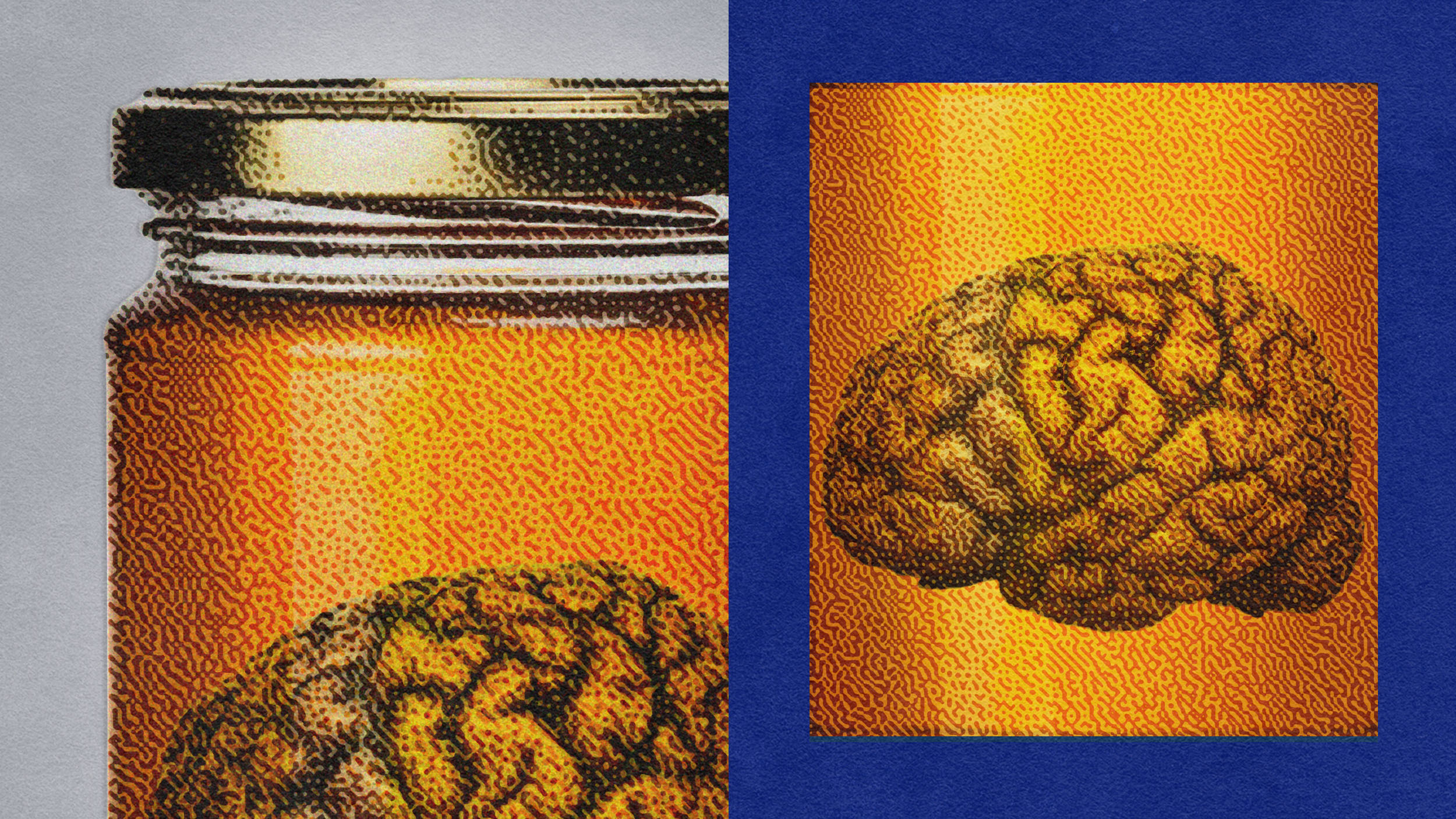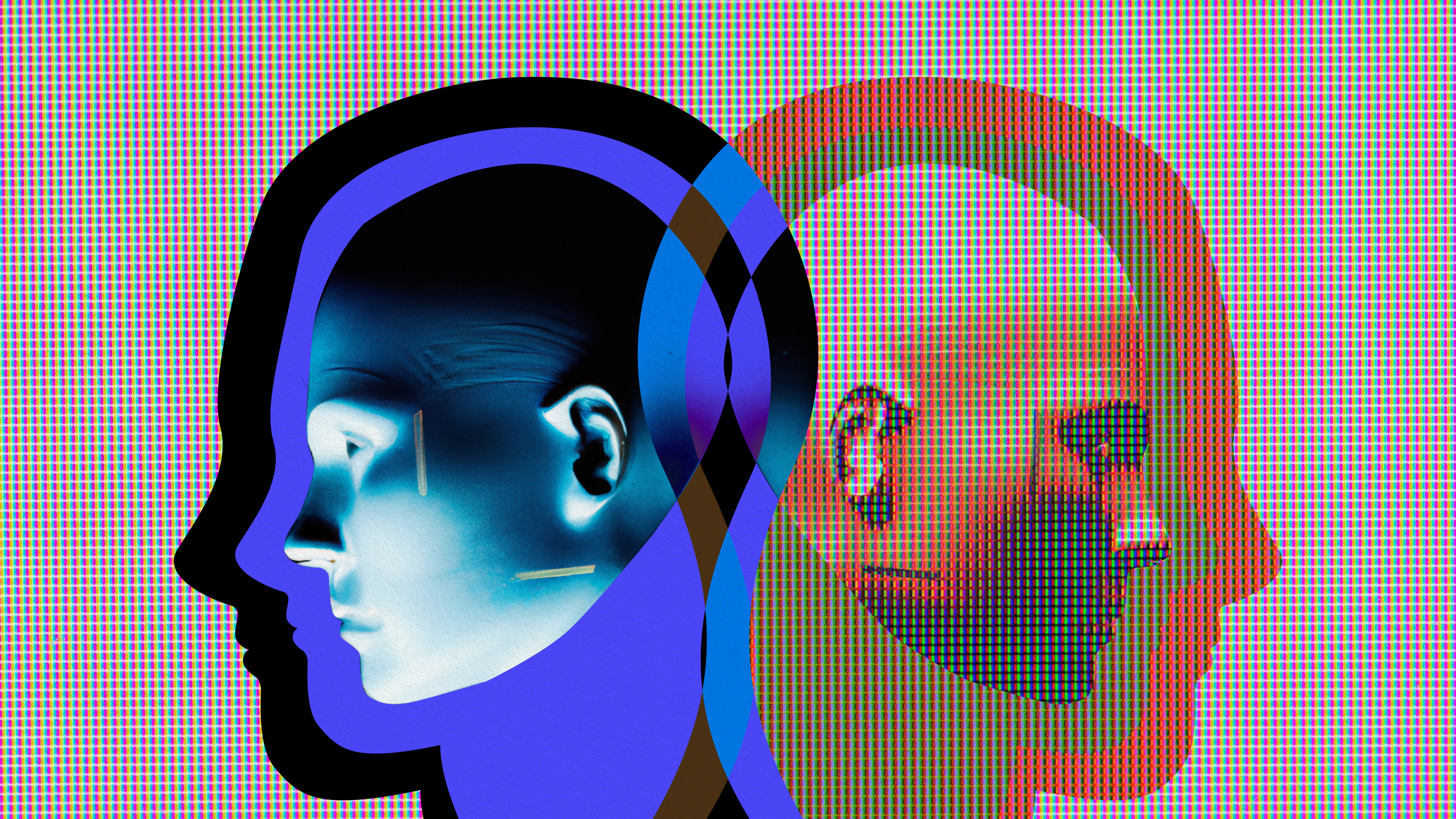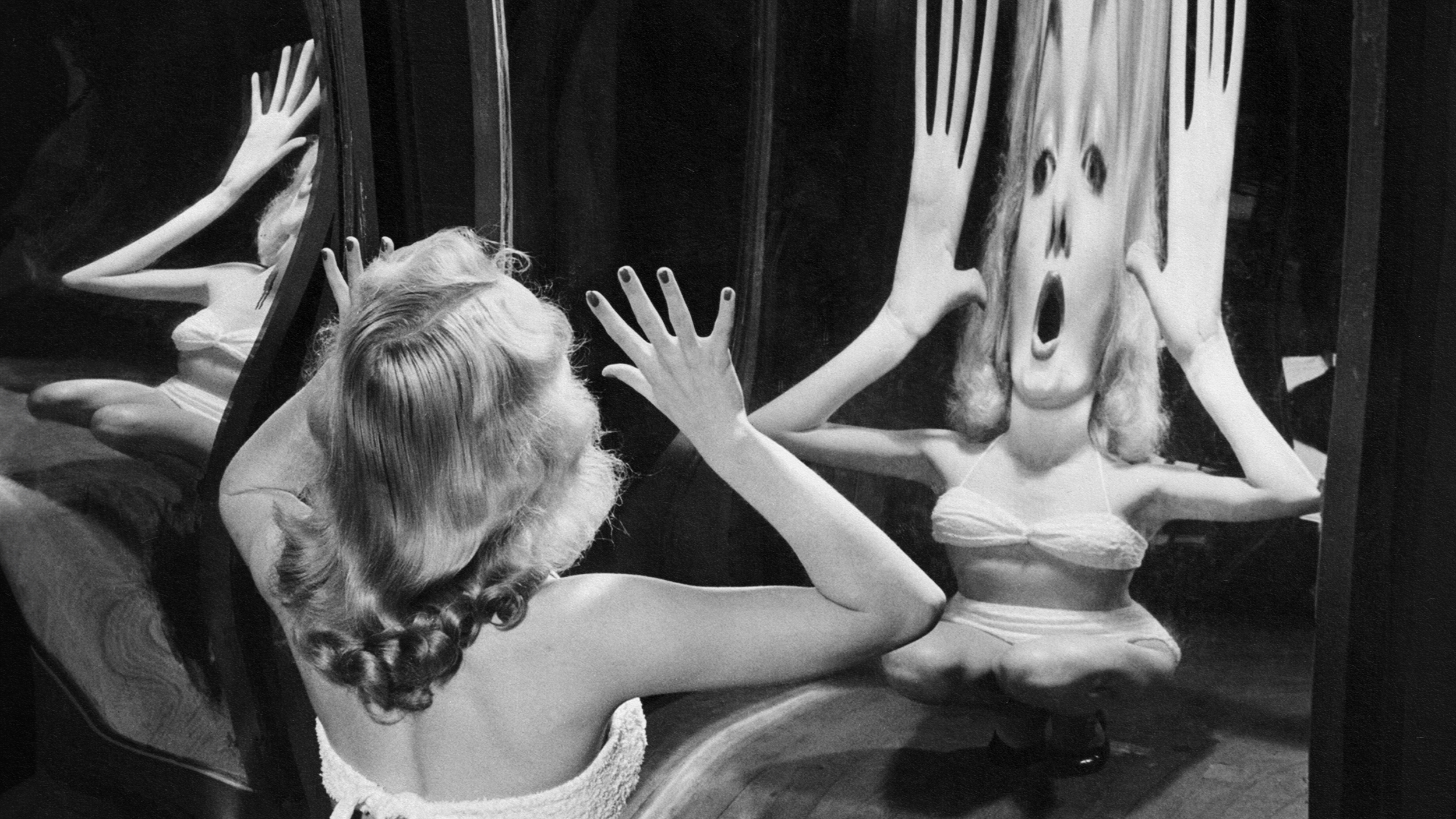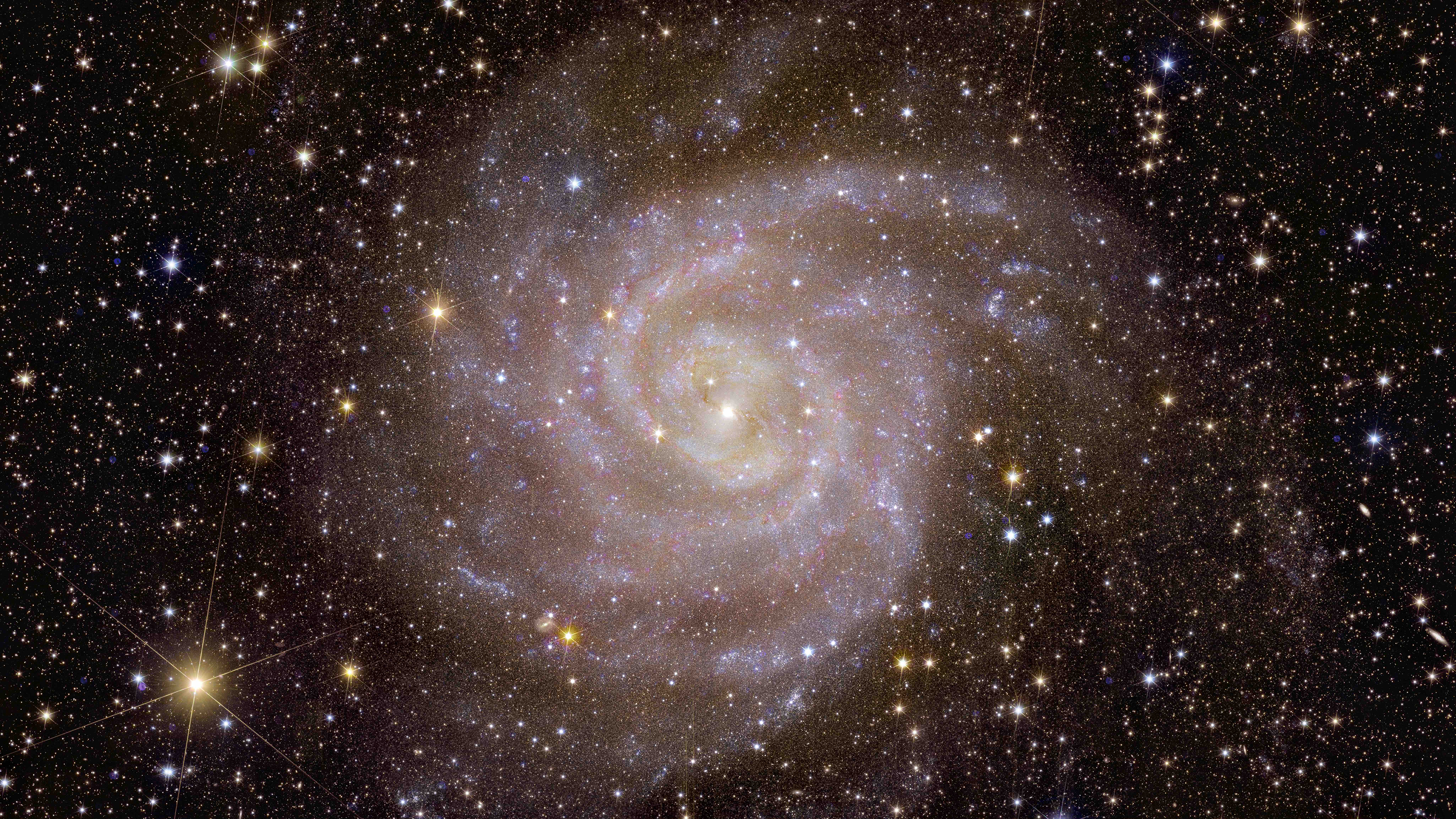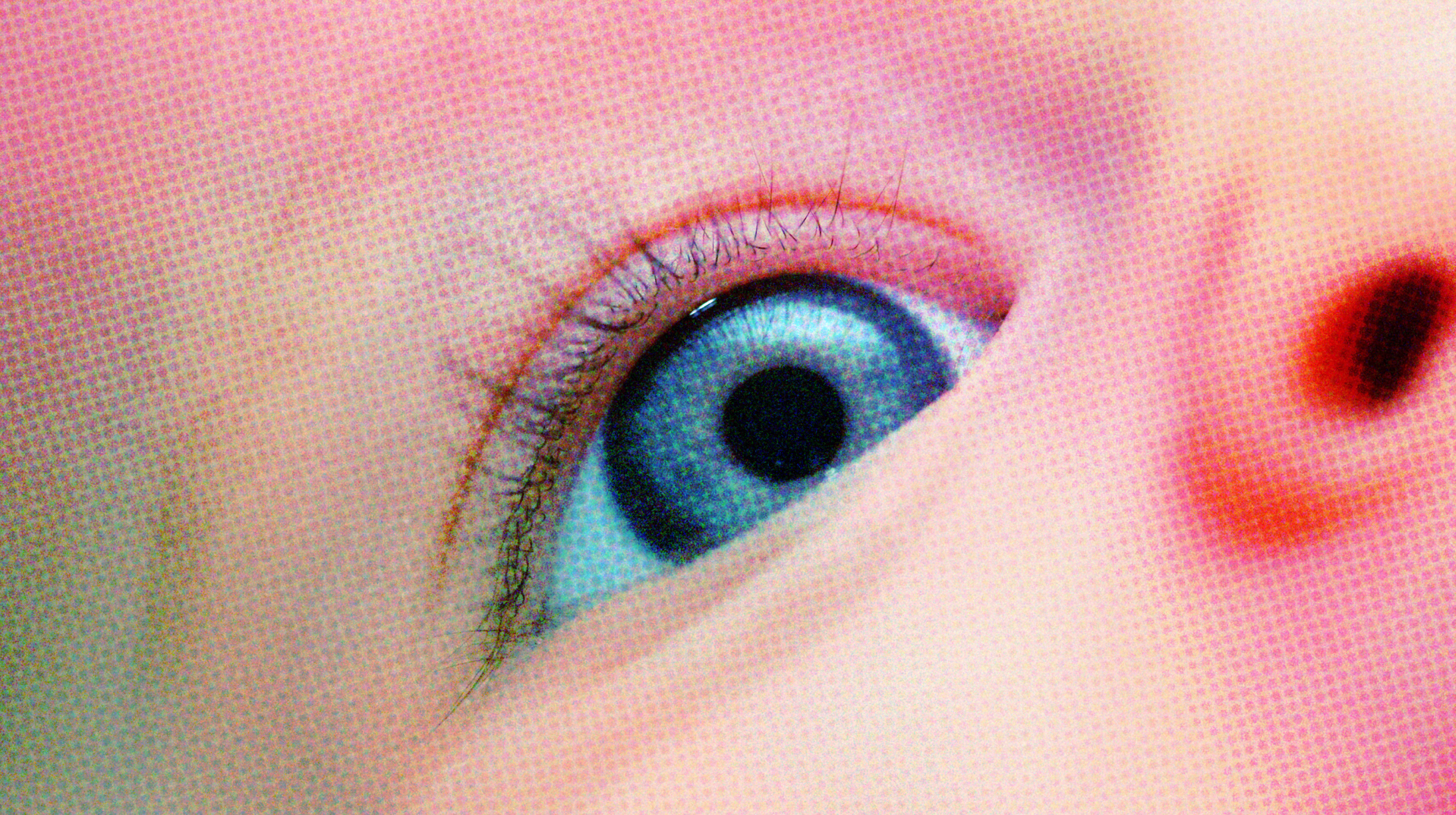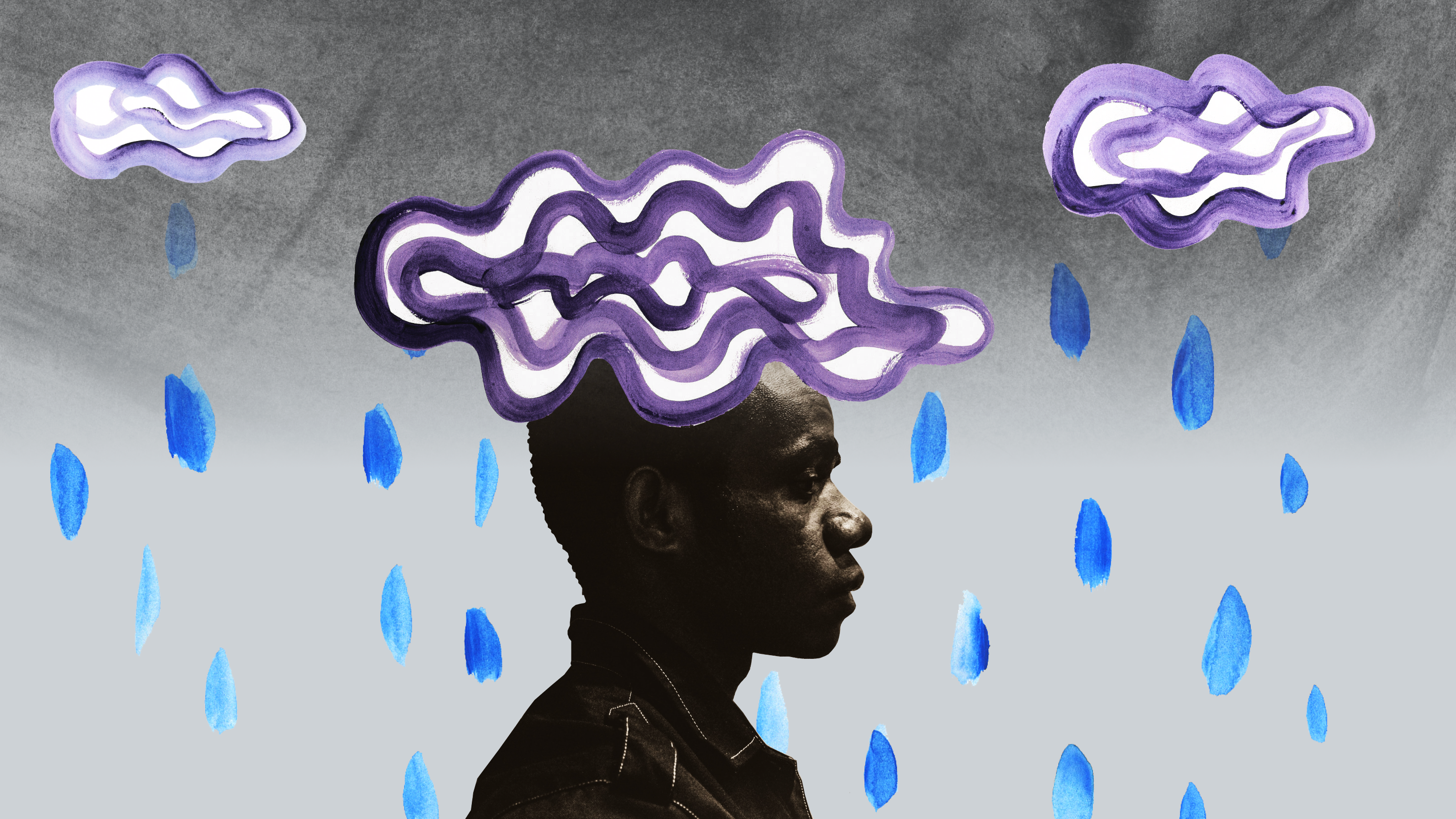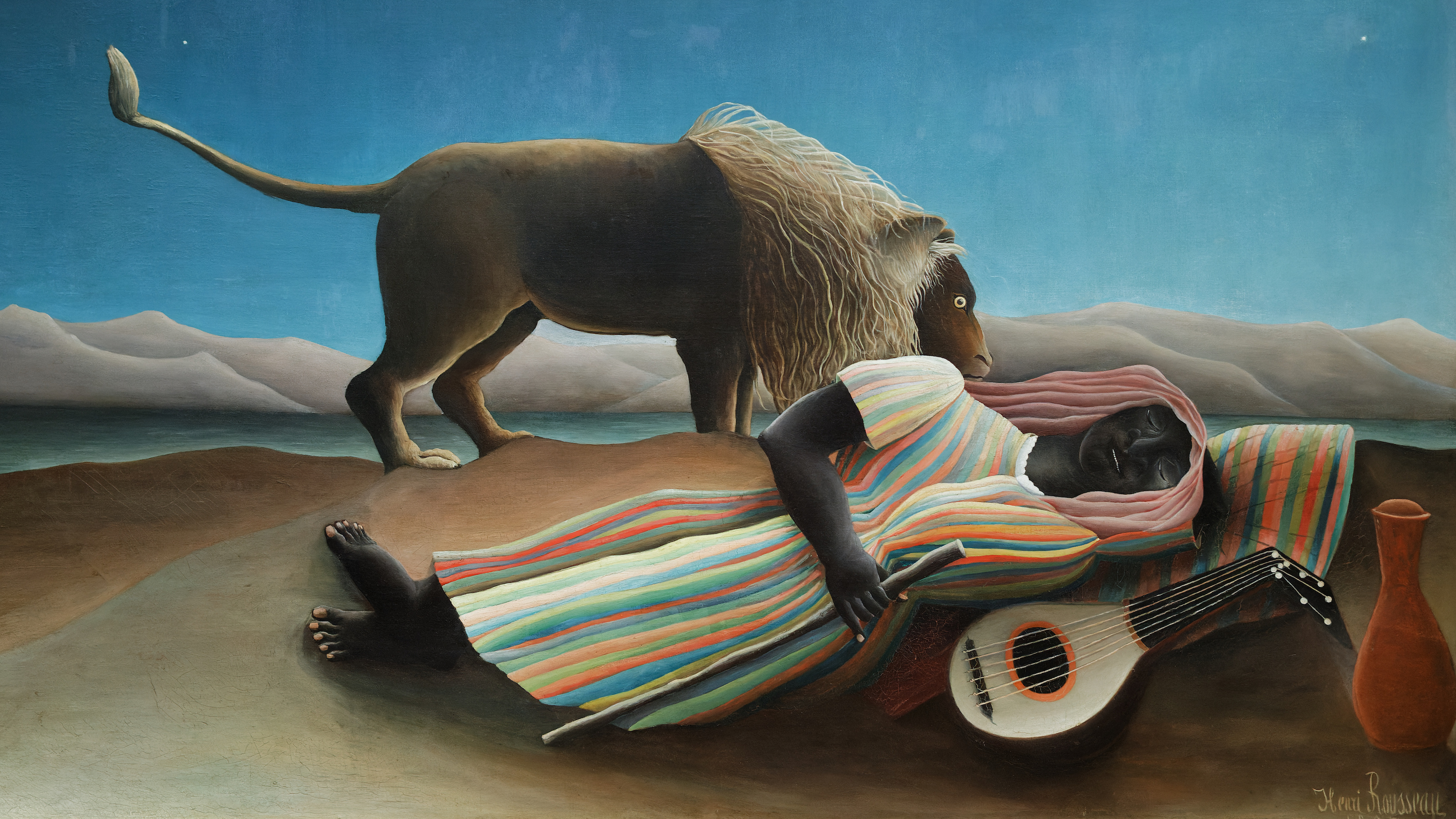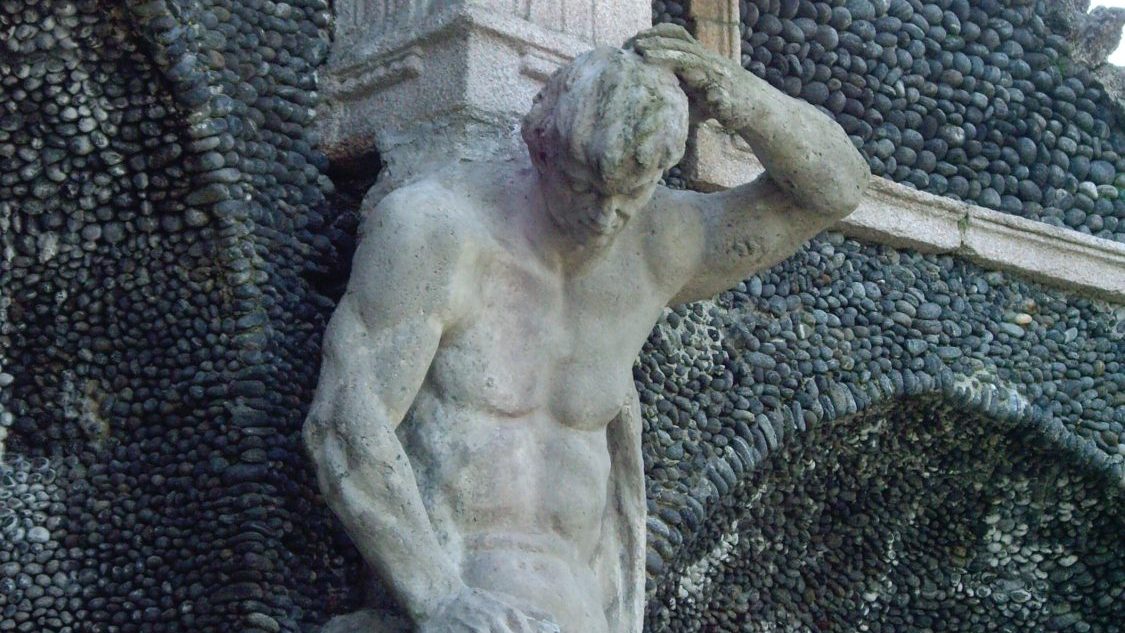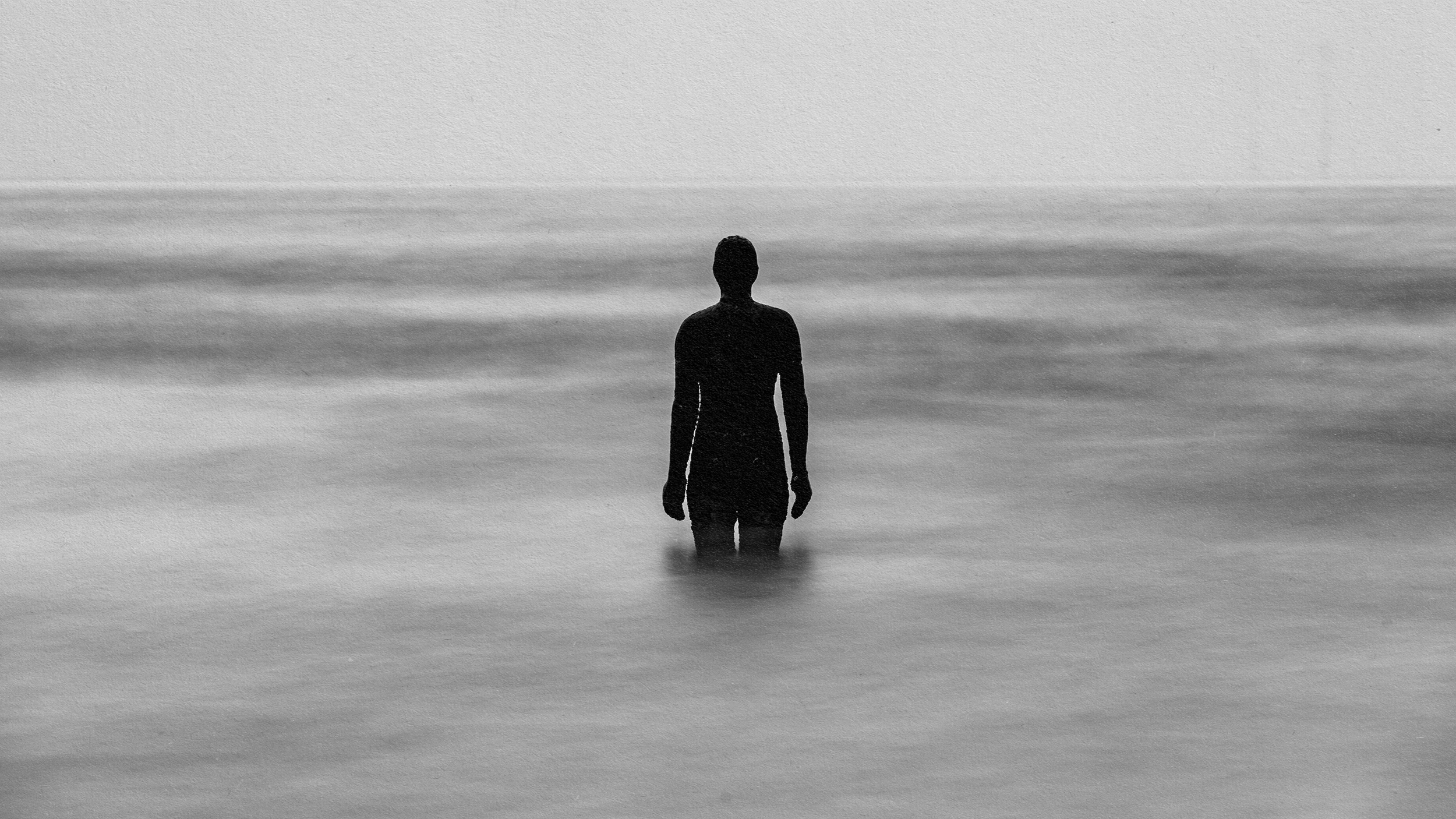Neuroscientist Christof Koch on human minds, AI, and bacteria.
Search Results
You searched for: consciousness
Do humans share one consciousness? This psychologist says yes.
▸
6 min
—
with
Consciousness isn’t just a problem for philosophers. On this episode of Dispatches, Kmele sat down with scientists, a mathematician, a spiritual leader, and an entrepreneur, all trying to get to the heart of “the feeling of life itself.”
▸
44 min
—
with
Mark Weinstein outlines a new path for social media that protects, respects, and empowers the regular users.
At a fundamental level, only a few particles and forces govern all of reality. How do their combinations create human consciousness?
An excerpt from renowned neuropsychologist Nicholas Humphrey’s book “Sentience: The Invention of Consciousness.”
High-frequency oscillations that ripple through our brains may generate memory and conscious experience.
A University of Oxford professor explains how conscious machines are possible.
▸
8 min
—
with
James Fadiman PhD, who has 60 years of experience in the field, believes they are.
▸
6 min
—
with
Propofol, a drug commonly used for general anesthesia, derails the brain’s normal balance between stability and excitability.
Even if a leading theory of consciousness is wrong, it can still be useful to science.
A proponent of panpsychism argues moral truth is inherent in consciousness.
Will we ever unravel the mystery of consciousness? Two academics made a 25-year bet on it. The scientist lost.
Our minds seem both physical and intangible. That paradox has gripped this neuroscientist since childhood.
Even with the best technology imaginable, you’d probably never be able to exist as a consciously aware brain in a vat.
Only about 10% of patients survive cardiac arrest. Of the ones who do, many have amazing stories to tell.
The idea that consciousness emerges naturally alongside intelligence could be an anthropocentric distortion.
In a psychedelic state, the relationship between your “narrative” and “minimal” selves seems to transform in unique ways.
We need a hypothesis that accounts for both the fine-tuning of physics for life but also the arbitrariness and gratuitous suffering we find in the world.
While we’re busy wondering whether machines will ever become conscious, we rarely stop to ask: What happens to us?
Neuroscience is beginning to provide clues about the emergence of human consciousness.
Cognitive psychologist and poet Keith Holyoak explores whether artificial intelligence could ever achieve poetic authenticity.
Jung thought these autonomous entities live in your unconscious mind — often at a cost.
Depression might be similar to dreaming.
Ketamine-assisted psychotherapy utilizes a non-ordinary state of consciousness to heal.
If the “self” is not real, then we are slaves to a billiard ball universe, trapped in a nihilistic nightmare in which we cannot change our fate.
From consciousness to nothingness and beyond, these questions still baffle the brightest minds. Will they ever be solved?
Can laboratories become more humane, or is it time to end animal research altogether?
The dying brain experiences a surge of electrical activity. Could this help explain the mysterious phenomena of near-death experiences?
Journalist Steven Kotler on digital immortality and the tech that could keep us “alive,” forever.
▸
3 min
—
with
